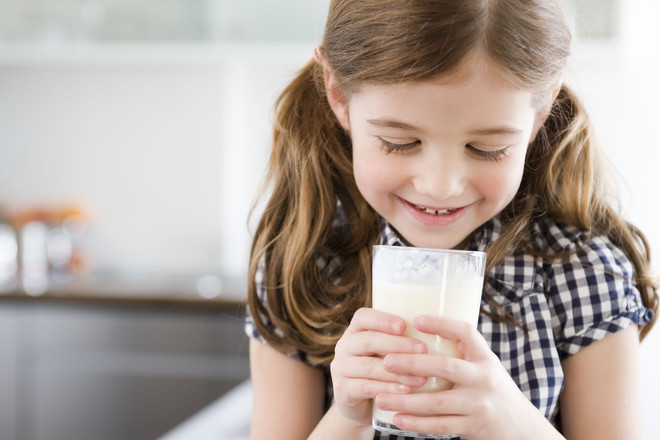 What if the baby is allergic to milk? Photo: Getty
What if the baby is allergic to milk? Photo: Getty
How does the baby's milk allergy manifest itself?
Milk allergy can affect anyonevital systems. The first alarm is caused by symptoms that have an external manifestation: • dermatitis; • severe itching; • eczema on the cheeks, turning into erosion; • milk crust (soft crust on the head). An acute reaction manifests itself in the form of Quincke's edema: immediately after taking a dangerous product, the mucous membranes of the neck and face instantly swell. Swelling of the larynx is fraught with anaphylactic shock and suffocation. In rare cases, the allergy affects the respiratory system: wheezing, coughing and chronic runny nose appear. Difficulty breathing may indicate swelling of the ligaments, which can result in asphyxia. This condition is extremely dangerous, at the first such symptoms it is necessary to call an ambulance. Sometimes an allergy to milk protein is latent, has no obvious manifestations and is disguised as other diseases. Symptoms are as follows: • flatulence; • regurgitation after feeding; • vomiting; • intestinal colic; • loose stools containing mucus; • delayed weight gain. The baby shows anxiety immediately after milk enters the body: the dangerous protein irritates the intestinal mucosa, causing pain. In children over one year old who often drink milk, the painful syndrome becomes chronic. Allergies reduce beneficial microflora in the intestines and disrupt the functioning of the pancreas.
What to do if a child is allergic to milk
If your child is allergic to milk, you shouldcompletely exclude it from the diet. When breastfeeding, the mother will have to give up the dangerous product, and when artificially fed, she will have to change the formula. Particular attention should be paid to the composition of baby food: it should not contain milk protein. Self-medication with "folk remedies" can be extremely dangerous. It is better to choose a hypoallergenic formula after consulting a pediatrician: he will help you choose the right food based on amino acids or hydrolysates. There should be no lactose in the composition. Formulas with amino acids are suitable for children with acute allergic reactions. In terms of composition, they are as close as possible to mother's milk. Milk protein in hydrolyzate nutrition is broken down and absorbed by the body without problems. Often, children with allergies react positively to goat's milk and fermented milk products. Yogurt or kefir should be introduced into complementary foods after six months and with caution. If after eating these products the child becomes capricious and his health causes concern, you should contact a pediatrician. Problems arise during the formation of the digestive tract, it is during this period that parents should be extremely careful. If you responsibly approach the choice of suitable nutrition and follow all the doctor's recommendations, the risk of allergies in old age is significantly reduced. It is also useful to know:









